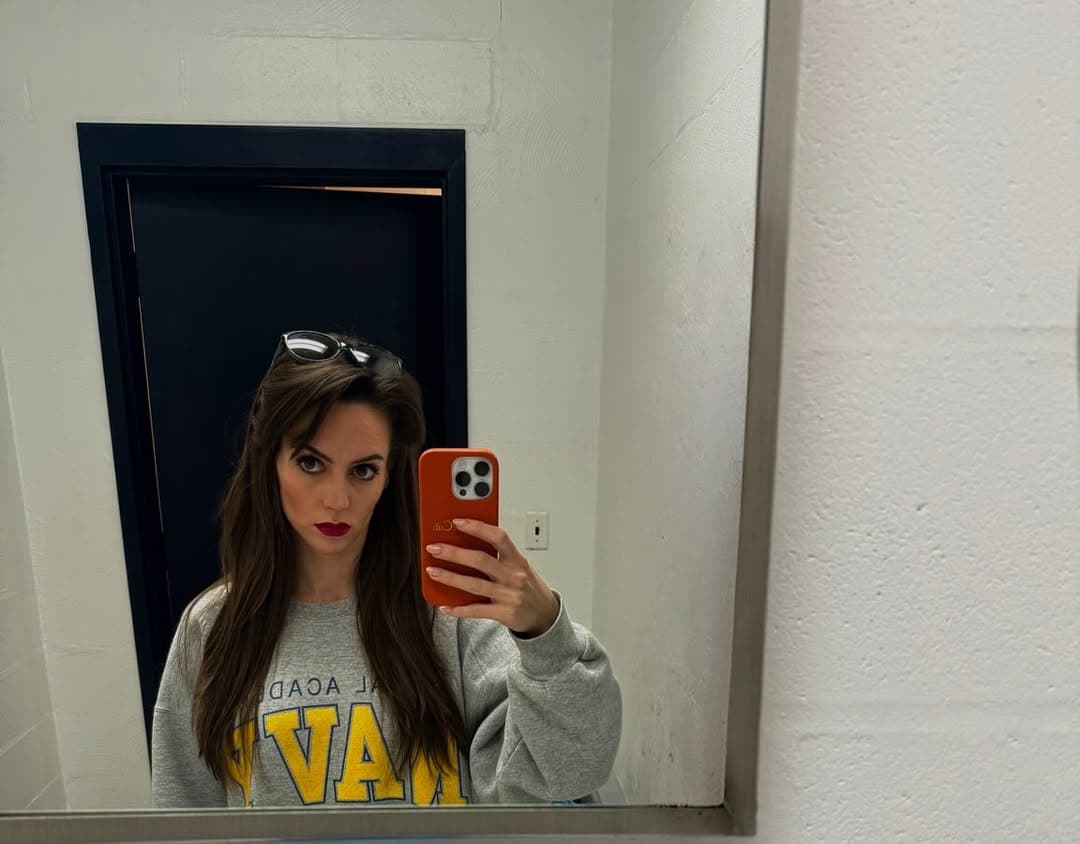Bernie Ecclestone Highlights Age Gaps Between His Children

Bernie Ecclestone, the 92-year-old former CEO of Formula One Group, recently addressed the notable age differences among his children, stating that he has a 70-year-old daughter and a five-year-old son. This revelation has drawn attention to the increasing prevalence of significant age gaps in families led by older parents.
Ecclestone’s situation is part of a broader trend observed in various celebrities. Notably, actor Steve Martin, who became a father at 67, also represents this pattern. The age disparity within families can be attributed to evolving societal norms regarding parenthood. According to studies by the Pew Research Center, the average age of first-time parents has steadily increased over the past few decades.
Previously, Ecclestone has faced scrutiny due to his family dynamics. In 2019, he welcomed his youngest child, Ace, with his wife Fabiana Flosi. This marked a significant life choice, coming just over 65 years after the birth of his eldest daughter, Deborah, in 1957. Such wide age gaps are becoming less uncommon, as 23% of new fathers in the U.S. in 2021 were aged 40 or older.
Industry sources indicate that many public figures, including Hollywood’s George Clooney and musician Elton John, have embraced fatherhood later in life. Clooney welcomed twins at 56 in 2017, while John, aged 70, has two children via surrogacy, born in 2010 and 2013. Their choices echo the larger trend toward delayed parenthood.
Ecclestone has faced criticism regarding the appropriateness of having children at such an advanced age. However, he defended his choices by articulating a deep bond with each child, emphasizing that parenting is not solely determined by age. His comments reflect a rising view that emotional investment can outweigh biological considerations.
The implications of these revelations extend beyond celebrity lives. They challenge conventional perceptions about family structures and raise questions about generational interactions. Each family dynamic offers new perspectives on relationships across significant age differences.
Looking ahead, Ecclestone’s personal life is likely to continue capturing media attention. He remains engaged in various philanthropic efforts, which may influence his children’s upbringing. As he navigates fatherhood in his 90s, it contributes to an ongoing discussion about age, parenting, and family dynamics.
Overall, Bernie Ecclestone's insights about his parenting journey provide a unique lens on a growing family trend. As more public figures embrace fatherhood later in life, the conversation around age gaps in families will likely expand, reshaping societal expectations.
In conclusion, these age disparities in families, particularly those of public figures, highlight an evolving narrative about parenthood. Ecclestone's experience is a case study in how societal attitudes toward age and family are shifting, reflecting broader changes in today’s world.
Celebrity Photos
8 photos

Stassi Schroeder Begins Production on Solo Docuseries ‘Stassi Says’

Lucien Laviscount Hints at Shocking Twists in ‘Emily in Paris’ Season 5

Jaime King Expresses Enthusiasm for Taylor Swift's Engagement to Travis Kelce

K-Pop Demon Hunters Inspires Celebrity Kids for Halloween Costumes

Jordon Hudson's Halloween Costume References Bill Belichick Interview Controversy

Carlos Eric Lopez Hosts Dia de Muertos Gala with Camila Cabello, Miguel and Nicole Richie

Kourtney Kardashian Expresses Discontent with Sisters Kim and Khloé Over Comments in New Season of 'The Kardashians'

Liam Gallagher Critiques Fan Who Ignited Flares at Oasis Concert in Australia